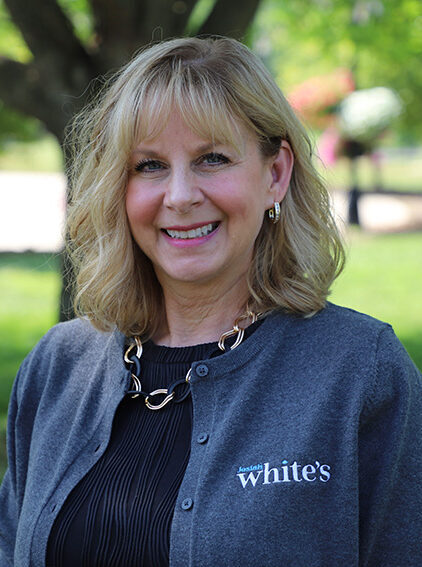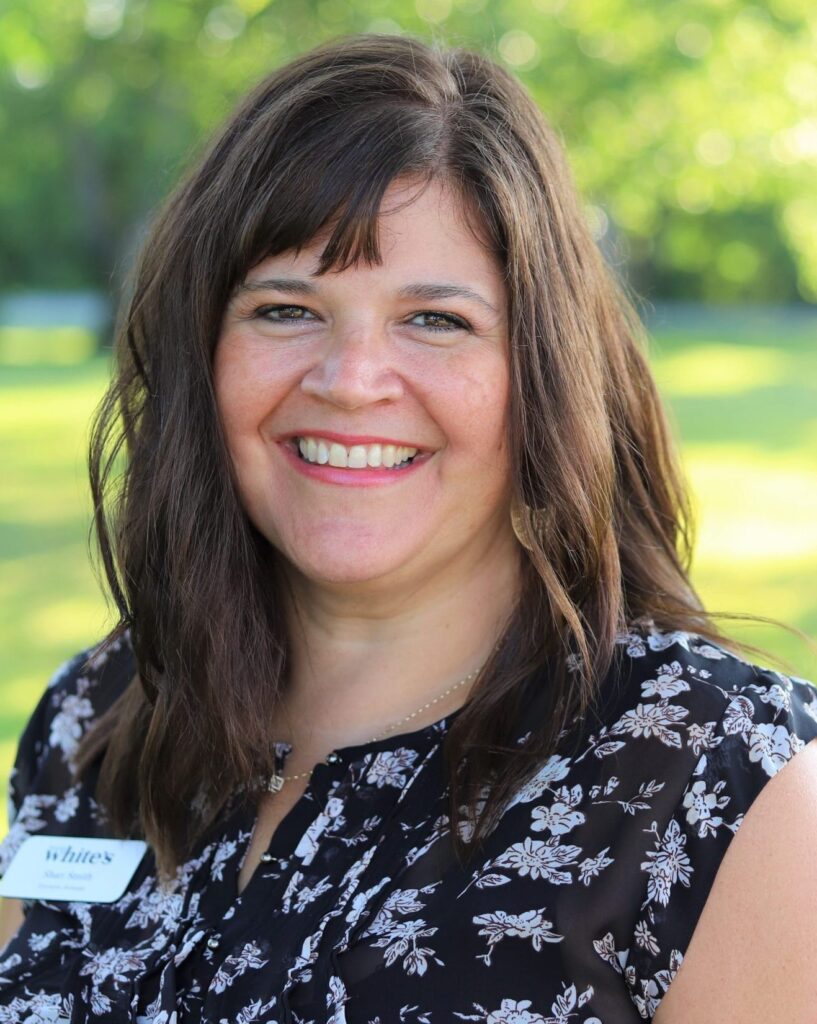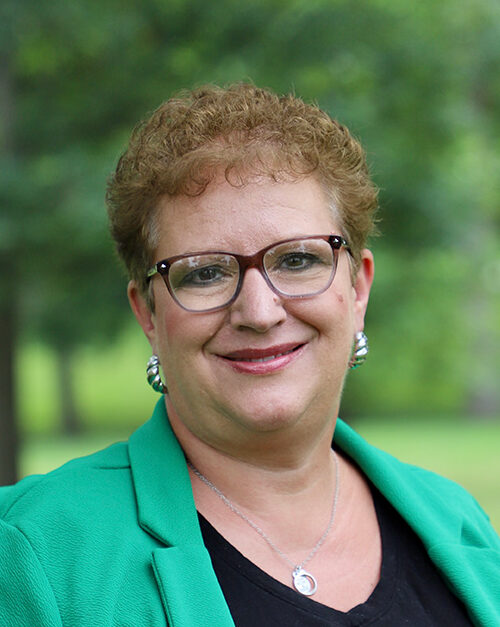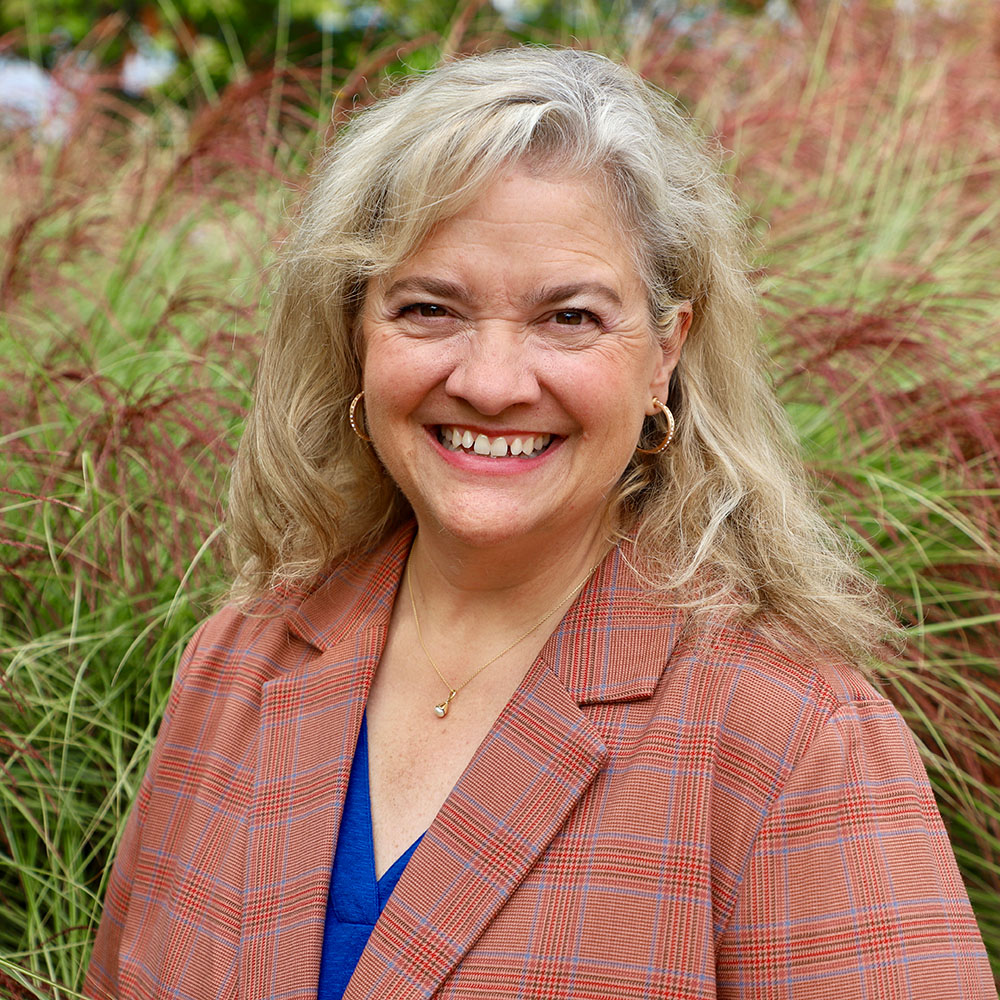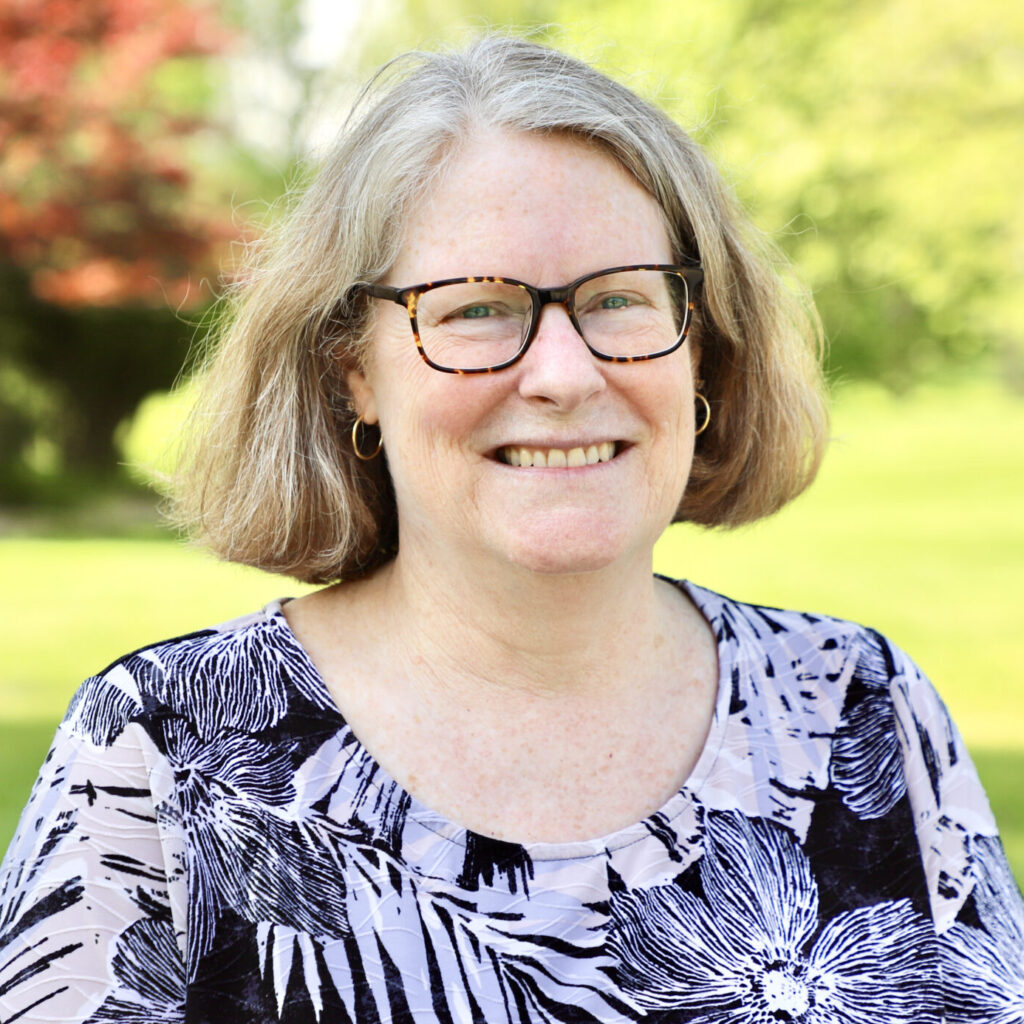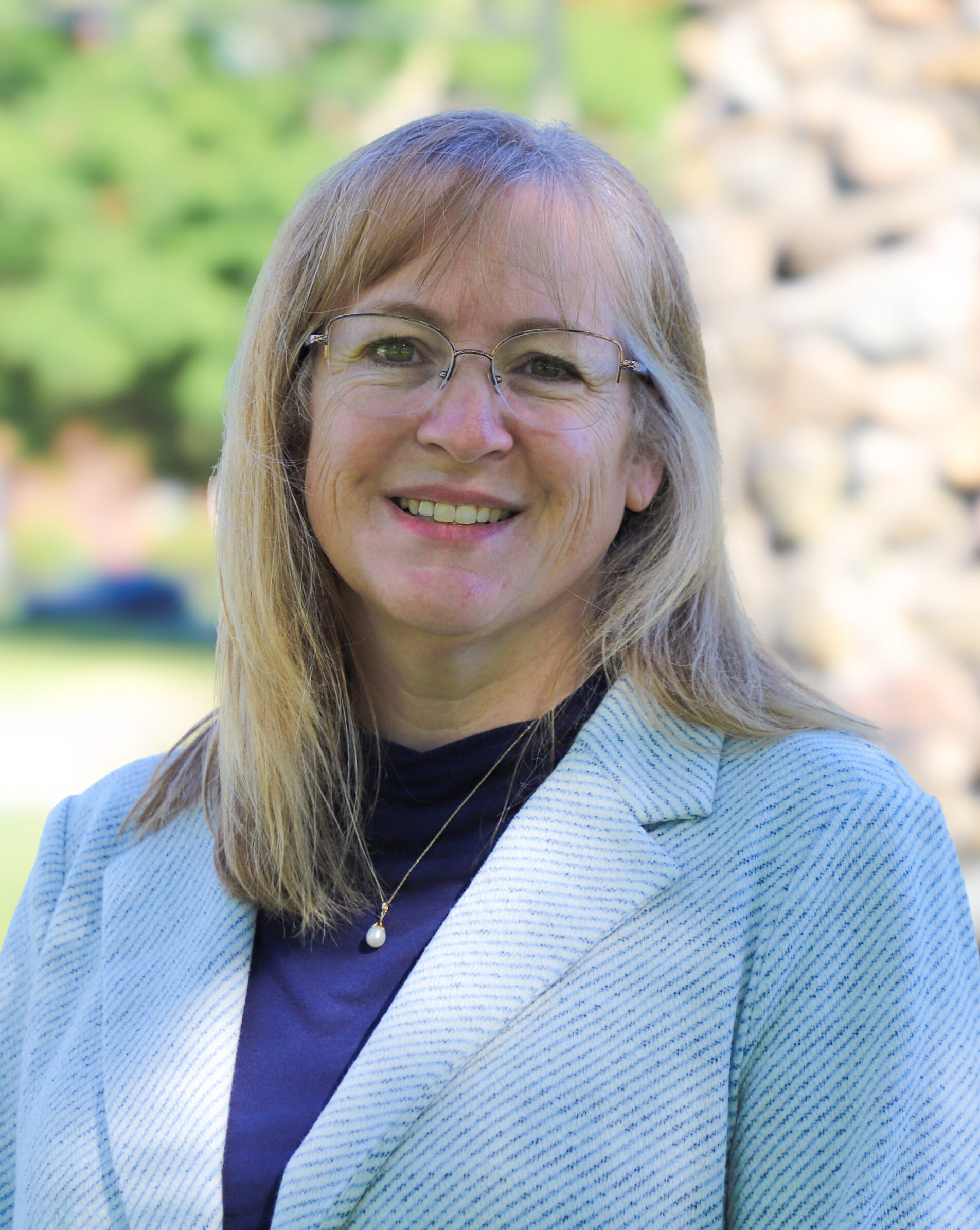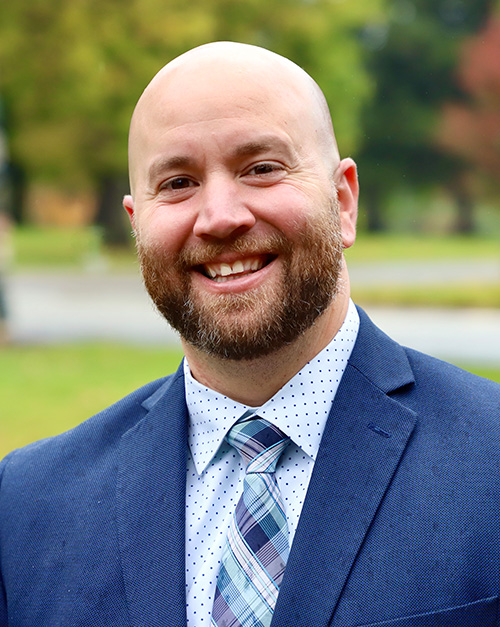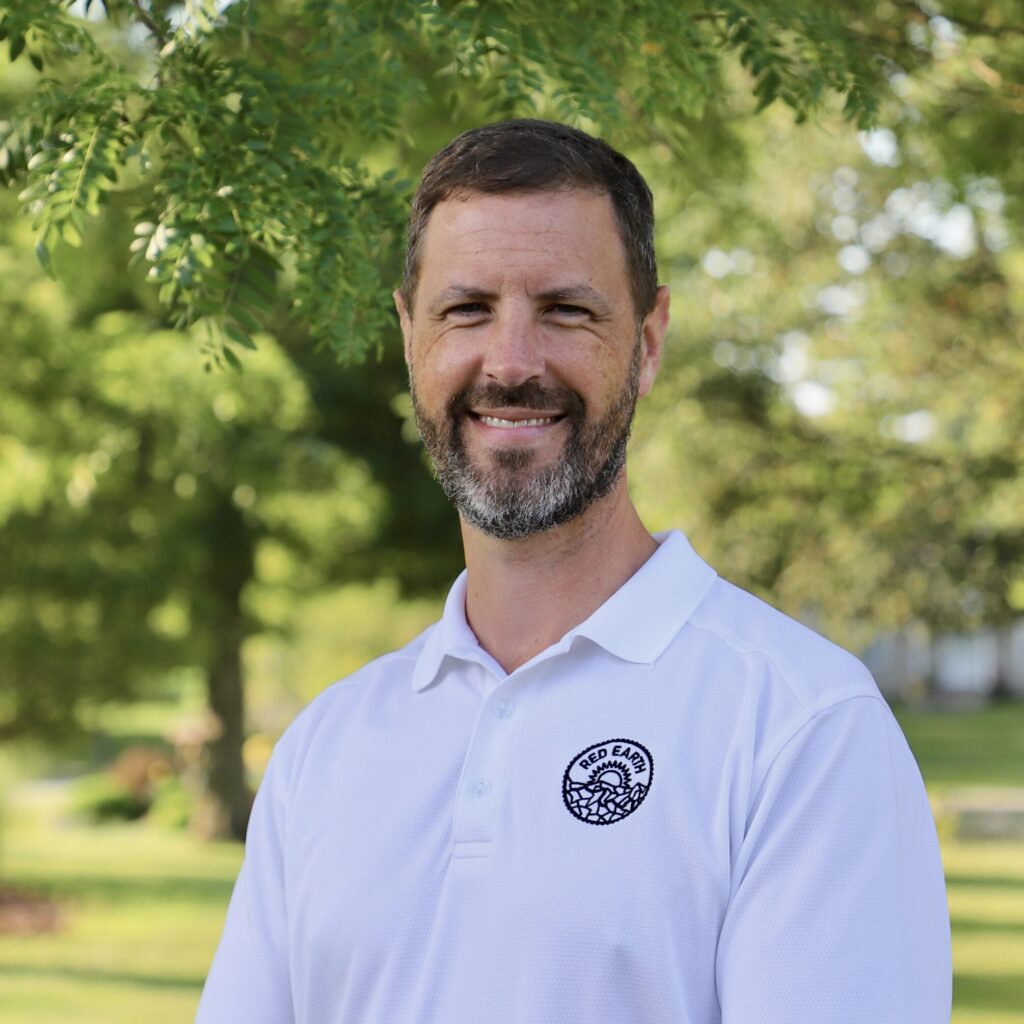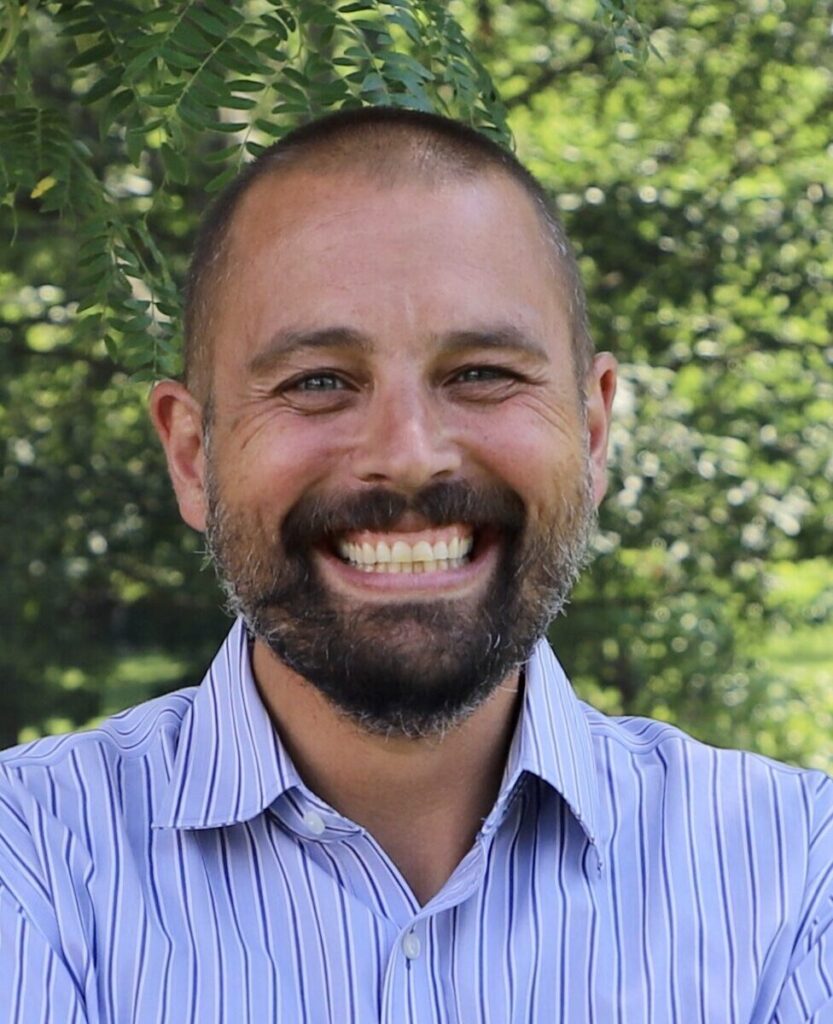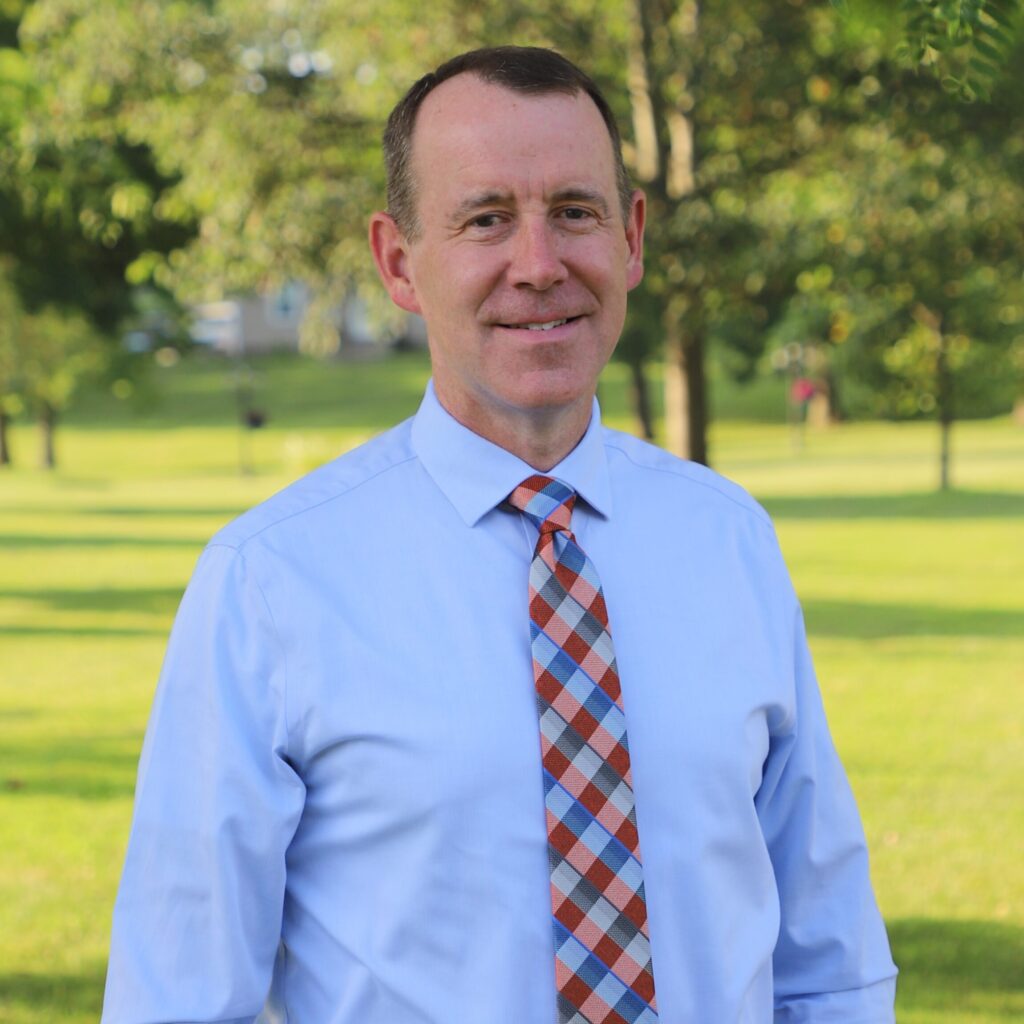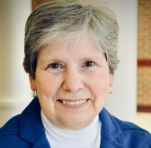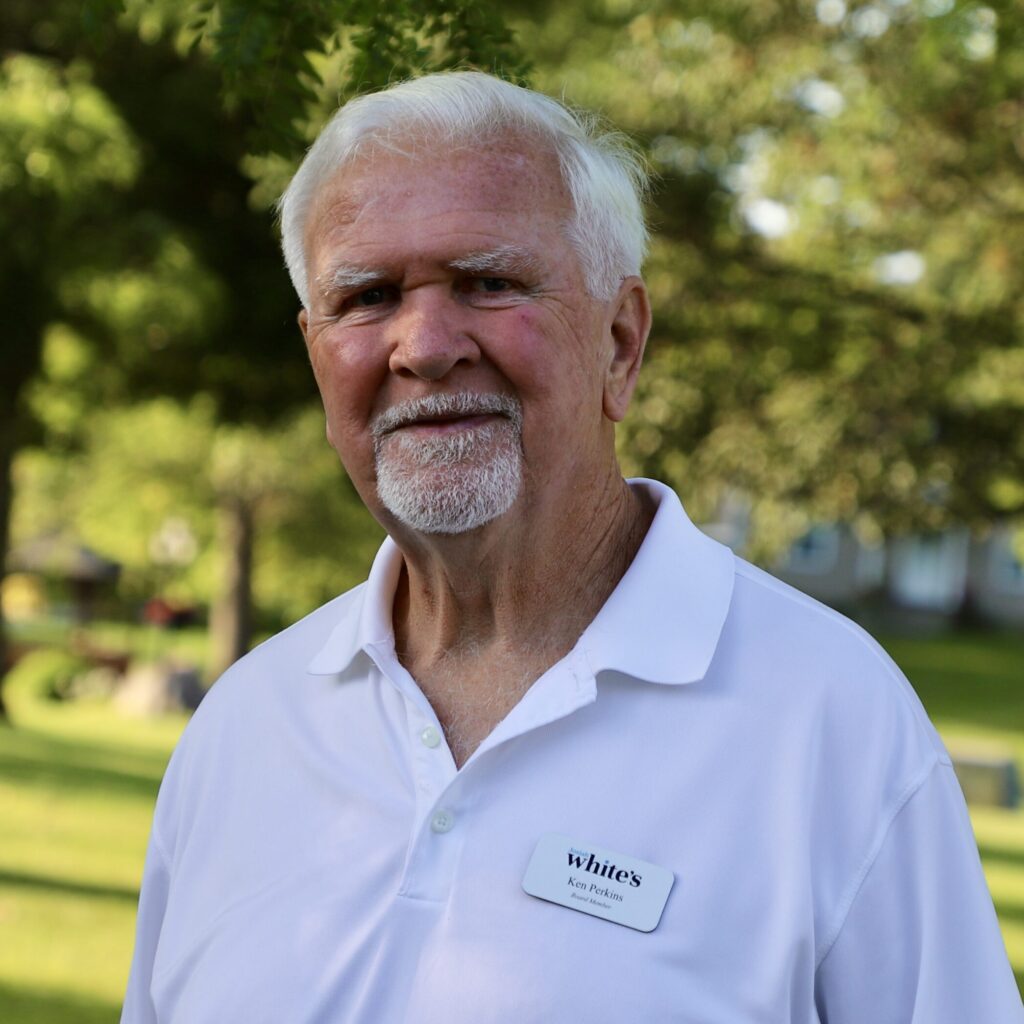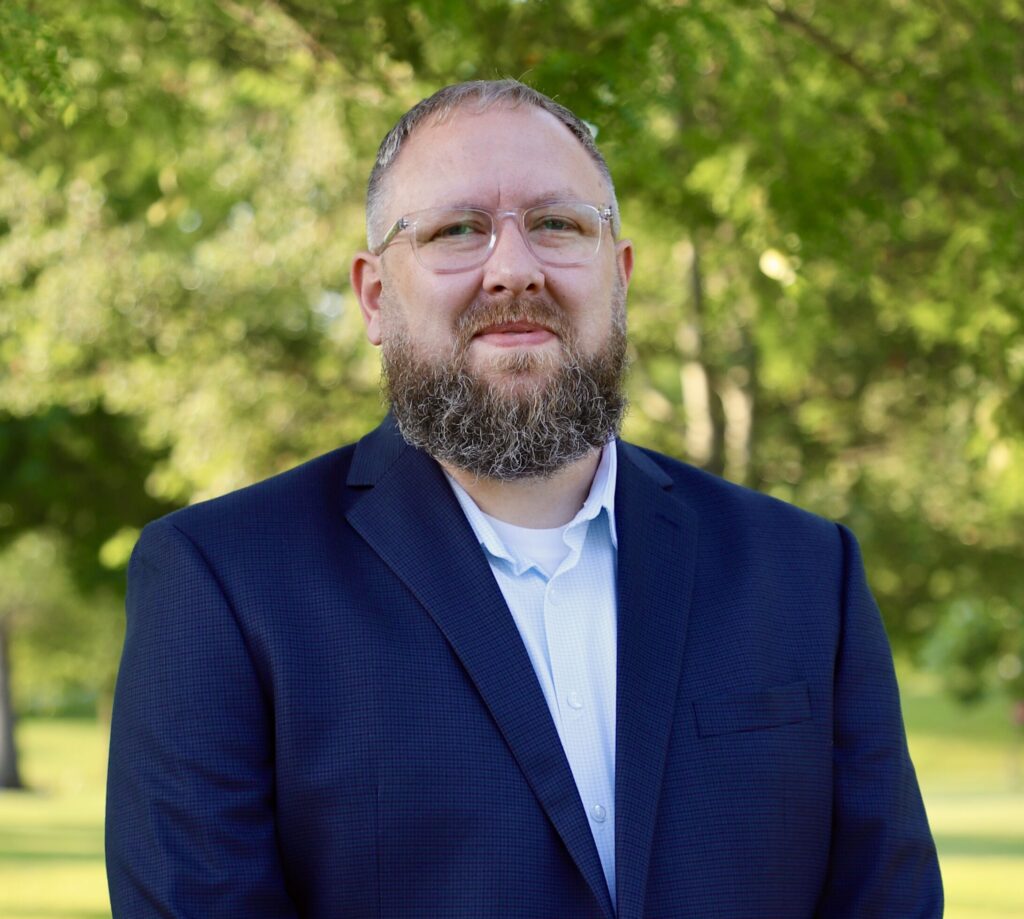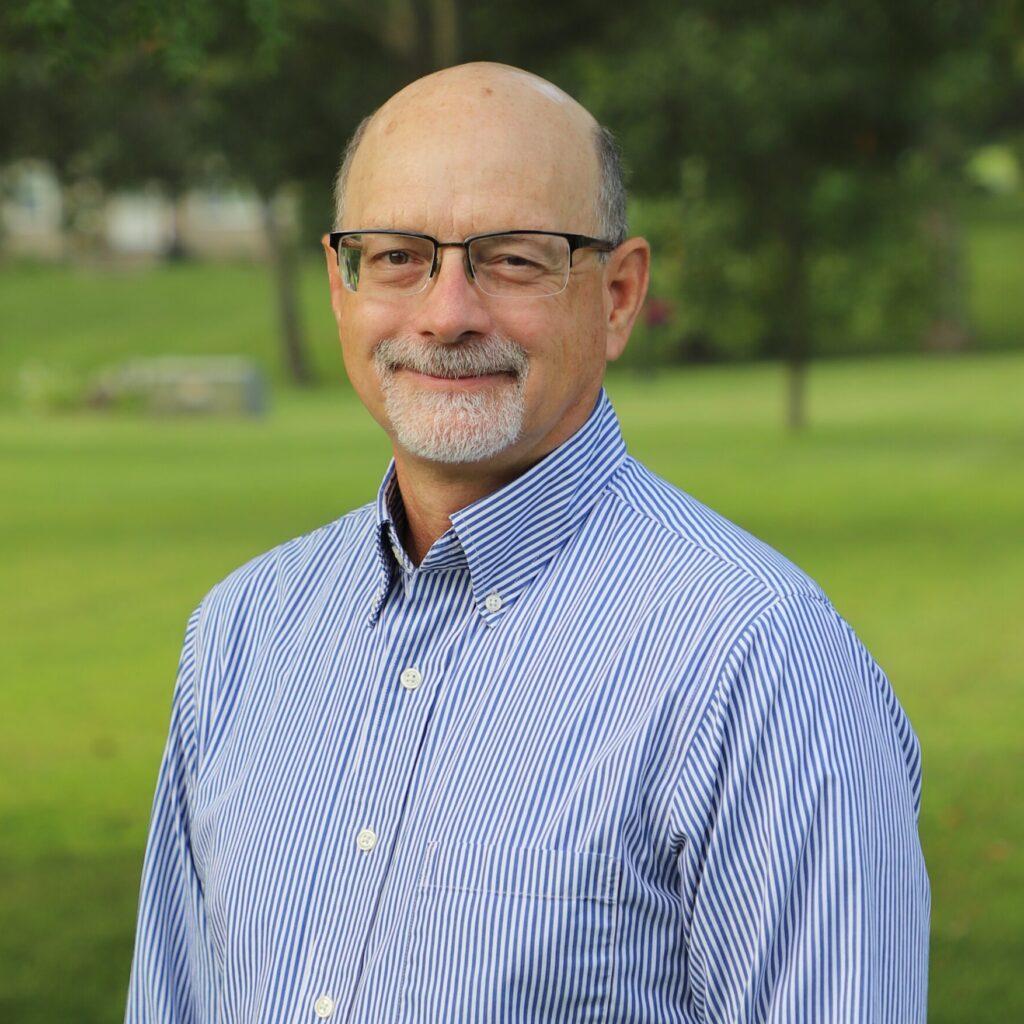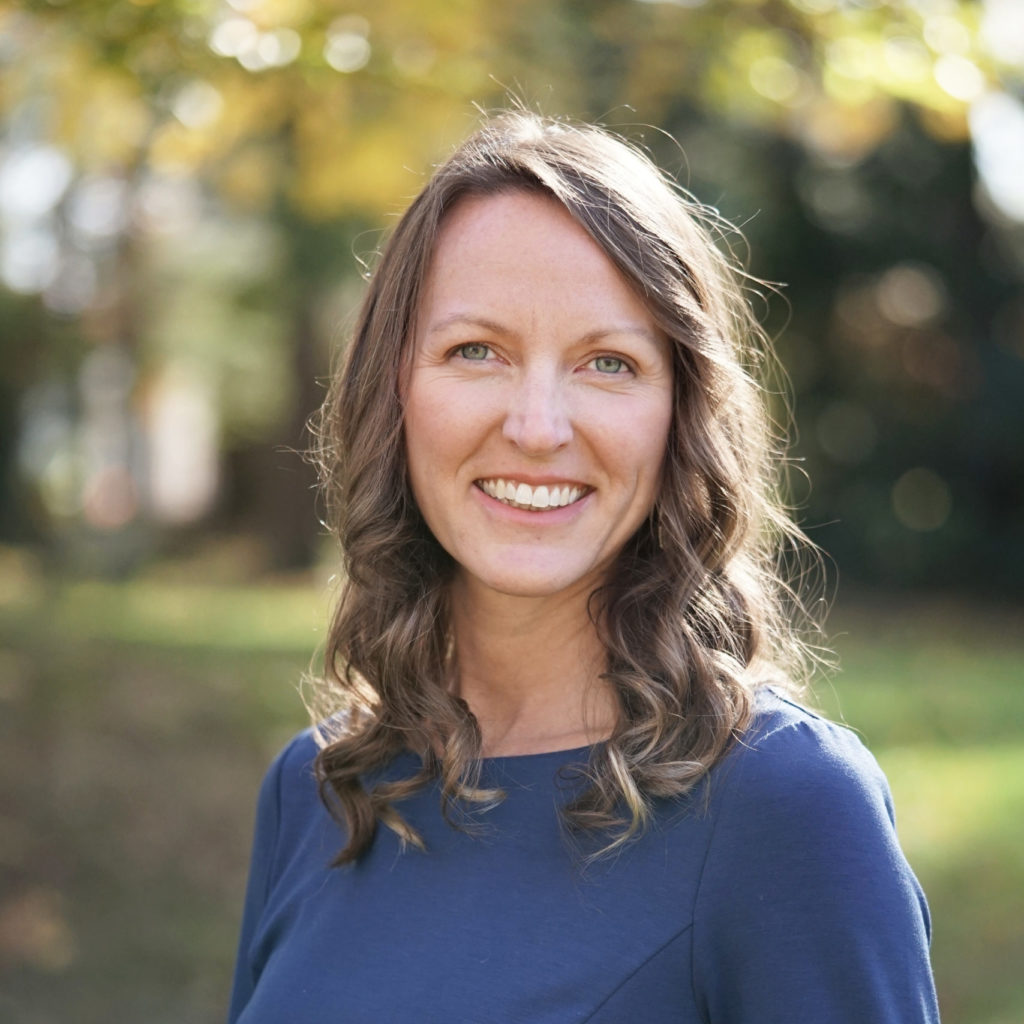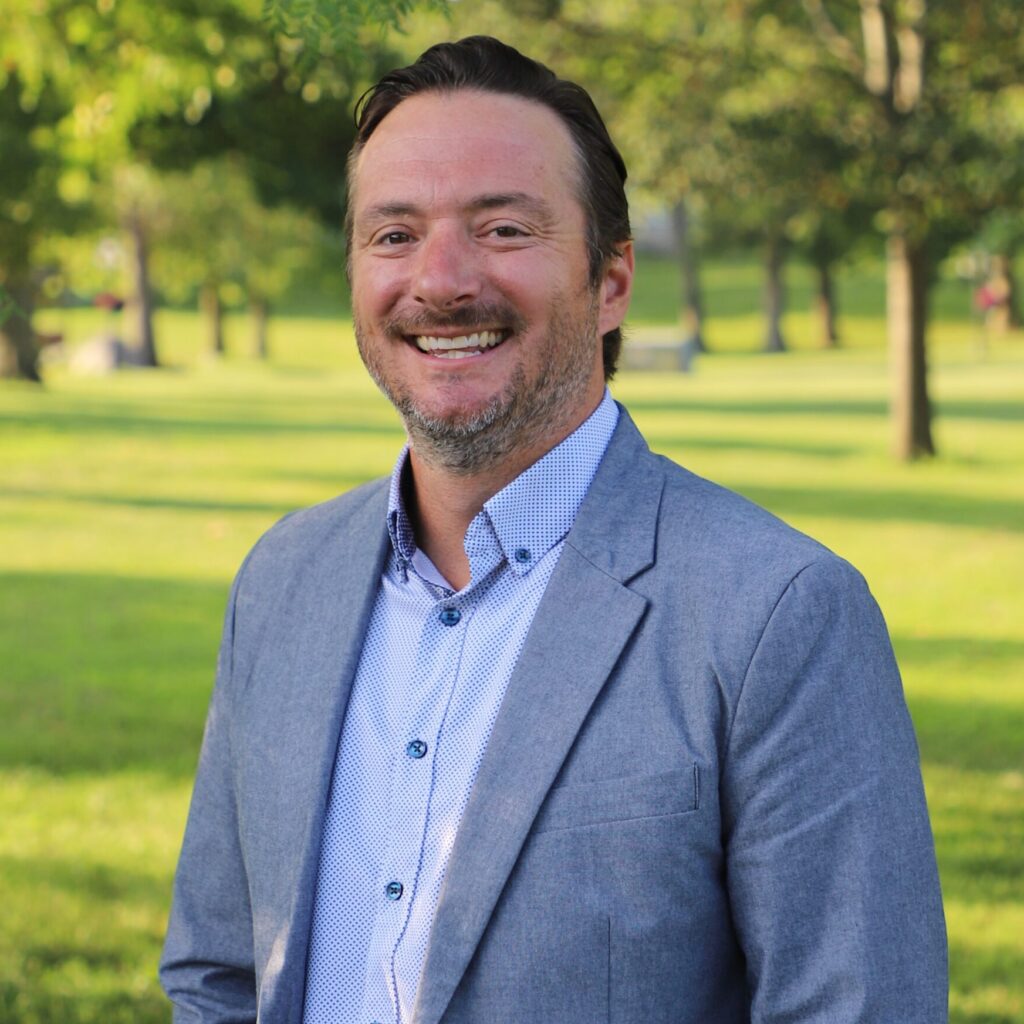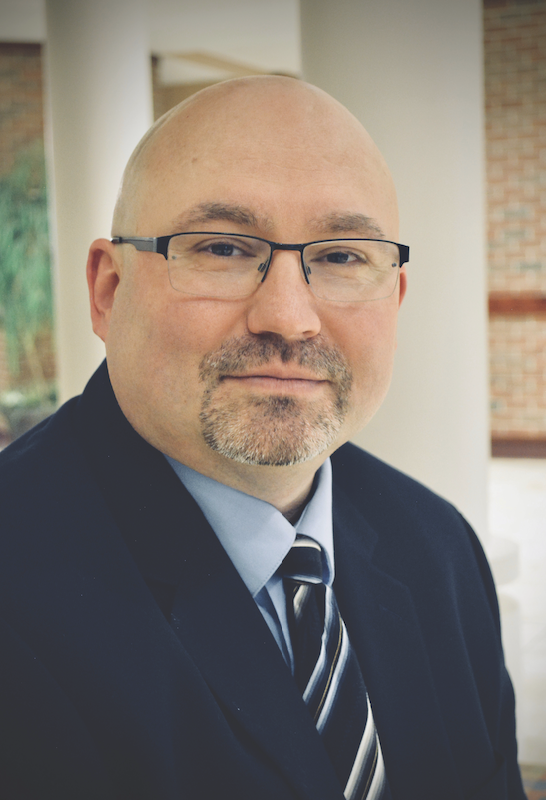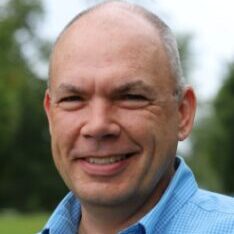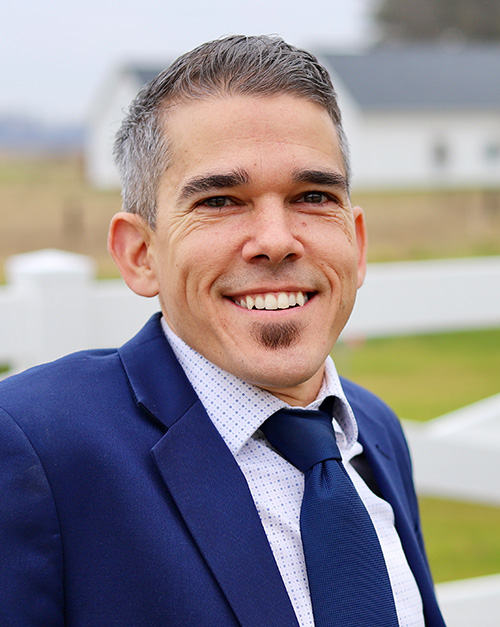SUBSTANCE USE RECOVERY PROGRAM
Hope and transformation begin here
Do you have a teen who is struggling with addiction? Josiah White’s Recovery Services meets young people where they are, helps them recognize their inherent worth, and enables them to discover the new possibilities that come from the courage to choose recovery. Please contact Kayla Miller, Recovery Services Intake Coordinator, with any questions at kayla.miller@whitesrfs.org or at (260) 569-4777.
Young people in Josiah White’s Recovery Services program will develop a plan for recovery to implement upon returning to their community. Young people will be encouraged to learn from others who have progressed in recovery while also identifying strategies unique to their specific situation. This may include helping young people and their families identify recovery supports such as 12-Step programs, recovery coaches, mental health and medical treatment providers, workforce training, healthy recreational activities, LGBTQ+ supports, and spiritual supports such as churches or other religious organizations.
The clinical and daily living focus of Josiah White’s Recovery Services program will teach young people skills that will support recovery, improve relationships, and allow them to grow as individuals. The clinical staff will use the evidenced-based Matrix Model to teach early recovery skills and implement recovery planning. The daily caregivers, also known as Family Teachers, will use the Teaching Family Model to help young people learn social and other important skills critical for healthy development. The Teaching Family Model is an evidence-based and trauma-informed model of care that helps young people learn the necessary skills to build and maintain relationships. The skills learned are critical for many young people who are working to repair the damage that has occurred in their relationships with friends and family.
Studies are continuing to show a link between trauma, use of substances, and the subsequent development of addiction. Many young people experience trauma that leads to their addiction, which is why having treatment that addresses their trauma is vital for their recovery. Josiah White’s clinicians are trained to provide Eye-Movement-Desensitization-Reprocessing (EMDR) to help young people heal from their traumatic experiences. Although no therapy can guarantee results, studies are showing that patients experience the benefits of EMDR in a shorter time period than other psychotherapies. This is very important as many young people will only have a short period of time in Josiah White’s Recovery Services and need treatment to be as efficient and effective as possible.
Josiah White’s Recovery Services is planning to provide Substance Use Disorder treatment at the American Society of Addiction Medicine (ASAM) 3.5 Level of Care. Young people who require this level of care will be evaluated weekly by a qualified provider to ensure they are receiving appropriate medication administration and dosage, safe management of withdrawal symptoms, and monitoring and treatment of other health conditions. In addition, a Medical Director will provide oversight twice per month to ensure young people are receiving the highest quality of care. Ensuring young people’s safety and physical well-being is foundational if all other areas of treatment are to be successful.
It is the goal of Josiah White’s to provide treatment for the whole person. A significant focus of Josiah White’s Recovery Services will be the clinical treatment that helps young people improve their mental health, learn early recovery skills, and begin the recovery planning process. Social skills will be taught using the Teaching Family Model and medical oversight will be very prominent considering the reasons young people enter treatment. Josiah White’s campus also provides multiple facilities to promote fitness and physical healing. Our founder, Josiah White, specifically indicated his vision in the mid-1800’s for young people to receive a “spiritual education.” For those who come to receive treatment at Josiah White’s, this is of paramount importance. Addiction damages a person’s spirit at the deepest levels, and it is our belief that spiritual healing needs to be integrated in a holistic treatment approach.
Family support to recovering individuals is critical as addiction cannot be faced alone. Oftentimes, family members have been hurt by the person in recovery and view addiction as a moral failing. Josiah White’s will provide weekly Family Education using the Matrix Model as a framework to teach family members how they can support their young person’s recovery, as well as better understand the intricate struggle their young person is experiencing. There is often extreme anger, blaming, and trust issues that need to be understood and addressed before the family can provide the necessary support for their teen to return home. Through Family Education sessions, family members will assess their readiness to help while learning how to set healthy boundaries important for a successful recovery plan.

